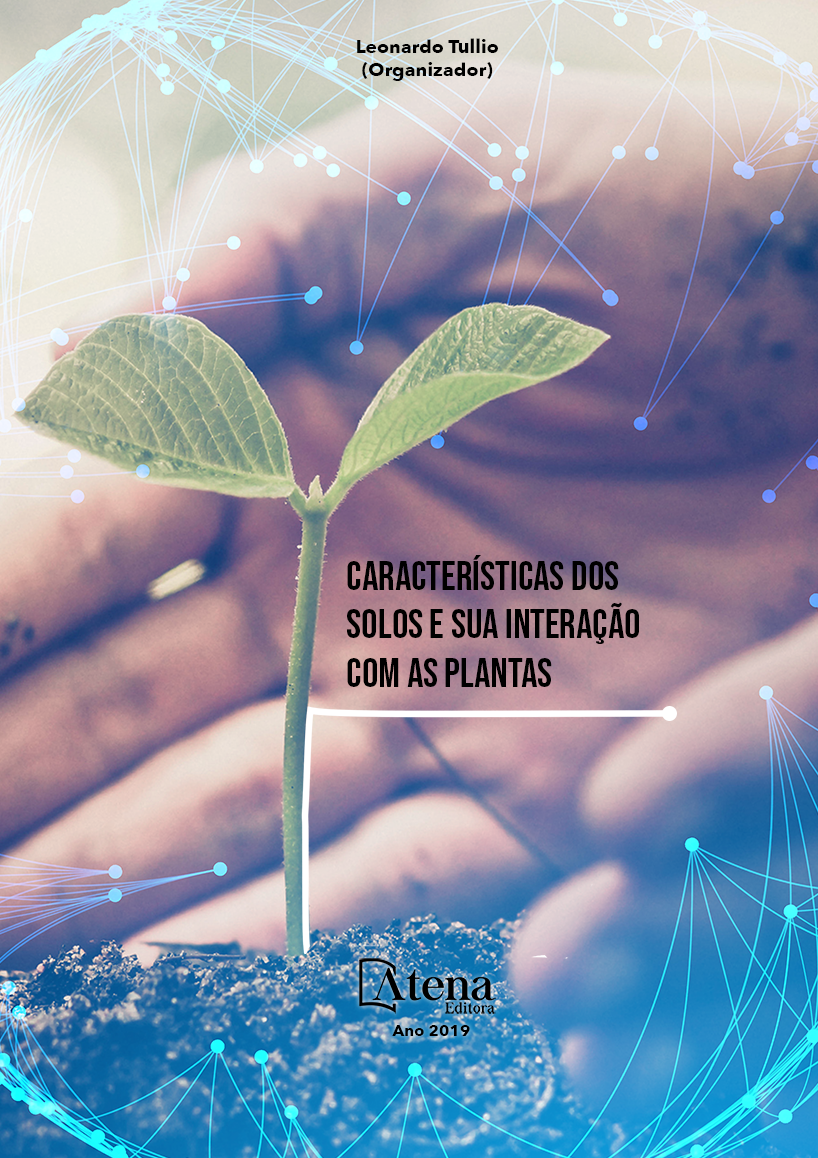
Resposta da Cultura do Milho Sobre Efeito de Inoculação em Diferentes Dosagens de Nitrogênio
Estudos realizados com a inoculação
de Azospirillum brasilence nas culturas de
interesse econômico do grupo das gramíneas
têm demonstrado grandes benefícios ao
crescimento e desenvolvimento das plantas,
pela produção de alguns hormônios dos vegetais
e da fixação biológica de nitrogênio que trazem
efeitos positivos ao meio ambiente, reduzindo
a necessidade de adubação nitrogenada.
Contudo, estirpes eficientes e genótipos
promissores, devem ser associados para que
se obtenham benefícios com essa associação.
Desta forma, o presente trabalho teve por
objetivo avaliar a resposta de um híbrido de milho
à associação com A. brasilense e adubação
nitrogenada. O delineamento experimental
empregado foi em esquema fatorial 1x2x5
com quatro repetições. Os tratamentos foram
constituídos no híbrido de milho P-4285YHR;
inoculação ou não de produto comercial a
base de A. brasilense, e cinco doses de N (0,
72, 117, 162 e 207 kg ha-1). Foram avaliados
os parâmetros: Altura de planta, comprimento
e diâmetro de espiga, peso total de grãos por
parcela, verificação da produtividade e analise
a viabilidade. Houve interação entre inoculação
e adubação nitrogenada no estádio vegetativo
da cultura e adubação nitrogenada para a
produtividade. O híbrido respondeu as variáveis
analisadas e a aplicação de doses crescentes de
N proporcionou incrementos para variáveis de
produtividade. Houve influência da inoculação
com A. brasilense na cultura, que apresentaram
incremento em presença da inoculação.
Resposta da Cultura do Milho Sobre Efeito de Inoculação em Diferentes Dosagens de Nitrogênio
-
DOI: 10.22533/at.ed.85519140311
-
Palavras-chave: Zea mays L., inoculação, bactérias diazotróficas, doses de nitrogênio
-
Keywords: Zea mays L., inoculation, diazotrophic bacteria, nitrogen doses
-
Abstract:
Studies carried out with the
inoculation of Azospirillum brasilence on crops
of economic interest of the grasses group
have shown great benefits to the growth and
development of the plants, by the production of
some plant hormones and biological nitrogen
fixation that bring positive effects to the
environment, reducing the need for nitrogen
fertilization. However, efficient strains and
promising genotypes should be associated in
order to obtain benefits from this association.
The objective of evaluating the response of a
corn hybrid to the association with A. brasilense
and nitrogen fertilization. The experimental
design used in a 1x2x5 factorial scheme with four replications. The treatments were
constituted in maize hybrid P-4285YHR; inoculation or not of commercial product based
on A. brasilense, and five doses of N (0, 72, 117, 162 and 207 kg ha-1). The following
parameters evaluated: plant height, spike length and diameter, total grain weight per
plot, productivity check and viability analysis. There was interaction between inoculation
and nitrogen fertilization at the vegetative stage of the crop and nitrogen fertilization for
yield. The hybrid responded to the analyzed variables and the application of increasing
doses of N provided increases for productivity variables. There was influence of the
inoculation with A. brasilense in the culture, which presented increase in presence of
the inoculation.
-
Número de páginas: 15
- Leandro dos Santos Barbosa
- Paula Fernanda Chaves Soares
- Fernando Zuchello


